Five Marketing Predictions for 2025
Jan 2, 2025By this point, most marketers have become accustomed to the never ending whirlwind of change and evolution in the digital…
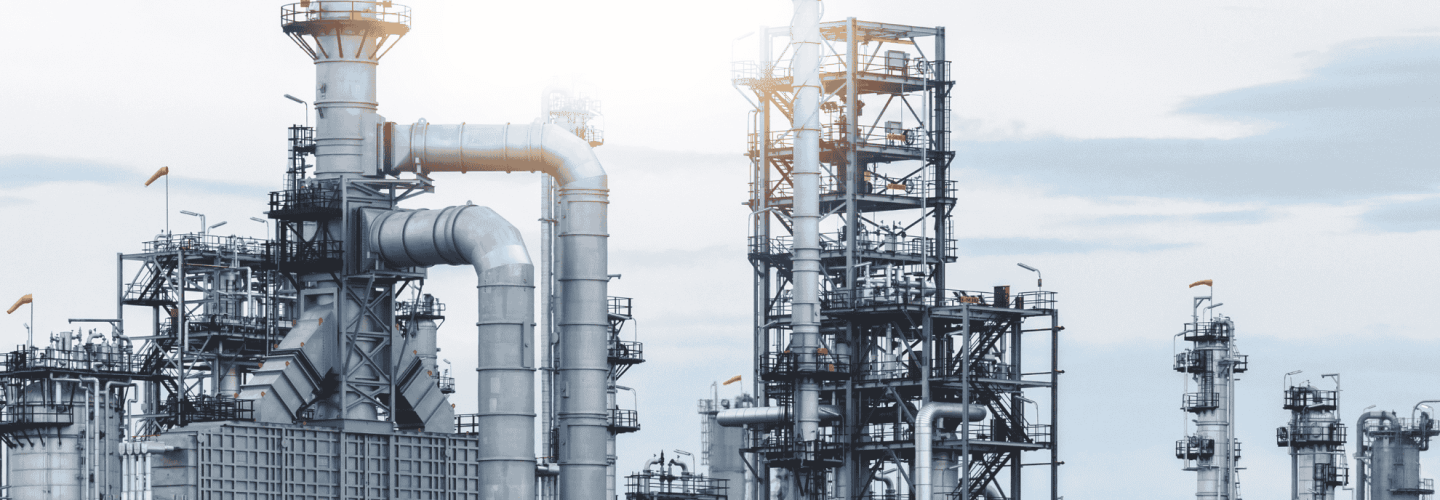
The chemical industry is evolving rapidly, driven by technological advancements, sustainability demands and shifting market dynamics. To stay ahead, companies must embrace innovative marketing strategies that align with emerging trends. Below, we’ll take a look at the marketing trends for the chemical industry for the last six months of 2025 and 2026.
Click a link below to head to that section.
Artificial Intelligence (AI) and Machine Learning (ML) are revolutionising marketing in the chemical industry.
Predictive analytics: AI helps forecast demand, optimise pricing and hyper-personalise marketing campaigns, such as emails. By promoting what products the customer is more likely to buy using data-driven marketing communications (leveraging the power of AI), chemical firms can make their marketing communications more efficient and higher performing.
Chatbots and customer service: AI-driven chatbots provide intelligent, instant responses to customer inquiries and can direct customers to content and help documents to answer their questions.
ML powered trend predictions: ML algorithms analyse vast datasets to identify emerging trends in the industry and social media. These trend predictions can help identify opportunities to partner with appropriate industry thought leaders and social media influencers.
Companies leveraging AI will gain a competitive edge through smarter decision-making and easier personalisation in marketing communications.
Environmental, Social and Governance (ESG) compliance is no longer an optional extra, but a fundamental part of a company’s strategy.
Green product marketing: Highlighting sustainable alternatives (e.g. bio-based chemicals) attracts eco-conscious buyers. Eco-conscious buyers actively seek sustainable alternatives, making green messaging in your marketing a powerful differentiator.
Carbon footprint tracking: Transparent reporting on emissions builds trust with stakeholders. Being authentic and transparent in your ESG compliance will communicate to eco-conscious buyers that your company is serious about committing to sustainability goals.
Circular economy initiatives: Promoting recyclable and biodegradable products aligns with global sustainability goals.
Chemical producers that prioritise ESG and communicate their sustainability wins clearly to their audience will strengthen their market positioning and increase customer loyalty.
Automation tools streamline marketing efforts, enabling chemical companies to scale efficiently.
Lead nurturing: Automated email campaigns keep prospects engaged throughout the sales funnel, meaning sales leads are already hot when they are picked up by a sales team. This removes wasted time chasing cold leads that are less likely to convert, making your sales and marketing team more efficient.
CRM integration: At Extramile, we use platforms like HubSpot, which serves as a central hub that connects with your marketing, sales and service tools, creating a unified, data-driven approach to customer relationship management.
Data-driven campaigns: AI-powered analytics refine targeting for better conversion rates, especially when used in PPC and paid social ads. By analysing vast datasets in real time, AI identifies high-value audience segments and automatically optimises ad placements, bids and creatives to maximise your ROI. This dynamic approach outperforms static manual campaigns by continuously learning and adapting to shifting market trends and consumer preferences.
Using marketing automation tools ensures consistent, personalised marketing communications while reducing manual workloads.
The demand for high-performance specialty chemicals is rising across industries. Marketing effectively to these sectors will help improve conversions in 2025 and 2026.
Niche marketing: Chemical businesses should leverage sector-specific platforms, such as trade publications, industry conferences and B2B marketplaces to focus on specific pain points encountered in niche markets like pharmaceuticals, electronics and agriculture.
Custom solutions: Highlighting bespoke chemical formulations for specific applications.
Partnerships: Collaborating with end-users to develop specialised products.
Specialty chemical companies must focus on differentiation and communicating the added value their products provide.
Establishing authority through high-quality, expert-led content builds trust and attracts higher value clients.
Whitepapers and case studies: Demonstrate expertise in solving industry challenges. Whitepapers provide in-depth, research-backed reports that explore a specific industry problem, trend or solution. They position your brand as a thought leader by providing authoritative insights.
Webinars and podcasts: Engage audiences with insights on trends and innovations. Hosting industry experts elevates your brand’s reputation and positions your company as a thought leader in the chemical industry.
SEO-optimised blogs: Drive organic traffic to your website by addressing key industry questions within your content. Regular, high-quality content improves domain expertise in Google’s eyes and will fulfil user search intent, meaning customers will land on your website when looking for solutions to problems in the chemical industry.
Top quality content positions chemical firms as industry leaders and builds trust with their customers.
With increasing competition in the chemical industry, brand differentiation is critical.
Unique Value Propositions (UVP): Clearly communicate what sets your products apart in all of your marketing communications.
Competitor analysis: Leverage data to identify gaps and opportunities.
Innovative branding: Creative marketing campaigns that highlight the strengths of your brand and products.
Strategic marketing ensures visibility for your products in a crowded marketplace. By standing out from the competition and highlighting the strengths of your products, you can reach your target audience and increase conversions.
Targeting niche markets allows for higher margins and loyal customer bases. By communicating how your products can address pain points in these sectors, you’ll increase engagement and sales.
Agrochemicals: Precision farming chemicals and sustainable pesticides are high-growth areas in the agricultural sector. By marketing your products to this industry, you can take advantage of the growth in this industry.
Electronics chemicals: High-purity materials for semiconductors are in high-demand due to AI, 5G, IoT and electric vehicles. By positioning your products in these markets with targeted marketing communications, you can benefit from the high-growth and increase your profits.
Specialising in high-growth niches in the chemical industry will ensure long-term profitability for your company.
By focusing on these marketing trends in the chemical industry for 2025 and 2026, you can position your company to be more successful.
The chemical industry can leverage top marketing trends in 2025 to reach their target audience more effectively and help increase conversions. Building on trends such as Virtual Reality and Augmented Reality, AI and Machine Learning, marketing automation and content and thought leadership will help businesses in the chemical industry improve their marketing efforts.
In 2026 and beyond, marketing trends in the chemical industry will continue to follow a similar pattern to 2025. There will still be an emphasis on leveraging the power of AI, Machine Learning and marketing automation to make marketing campaigns consistent, efficient and data driven. If businesses in the chemical industry continue to keep up with these marketing trends in the sector, they can outperform their competitors and increase conversions.
Artificial intelligence (AI) in marketing leverages AI language models, tools and data sets, as well as algorithms and machine learning, to automate certain marketing actions and decisions. It can also produce customer insights that marketers can use to optimise marketing spend, personalise content and enhance the customer journey.
Marketing automation software replaces manual and repetitive admin tasks often found in marketing processes, saving time and effort that can be spent on more high-value tasks. The automation software can take on the data-driven tactical side of marketing, allowing marketers to concentrate on strategy, content and creativity.
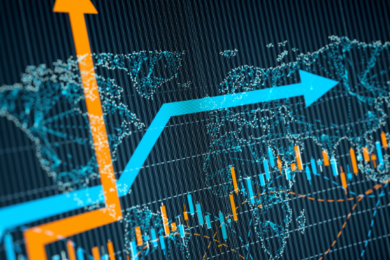
By this point, most marketers have become accustomed to the never ending whirlwind of change and evolution in the digital…
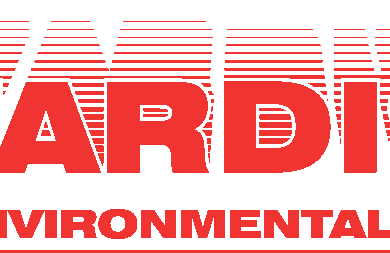
When Tardis needed a website that had far superior performance than its predecessor, we knew what we had to do.…
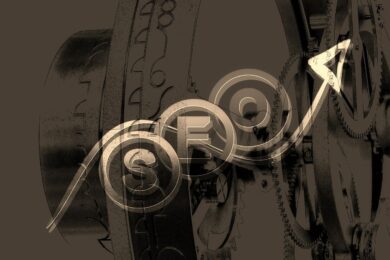
Google Search Console (GSC) platform offers marketers data straight from the horse’s proverbial mouth – impressions, clicks, average position, CTR…
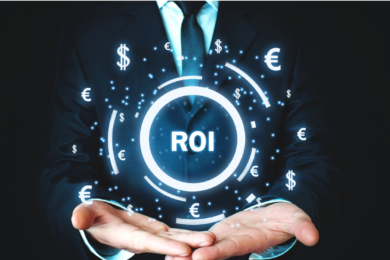
You put budget into platforms like Google Ads and LinkedIn, but often you’re left wondering where the results are, especially…